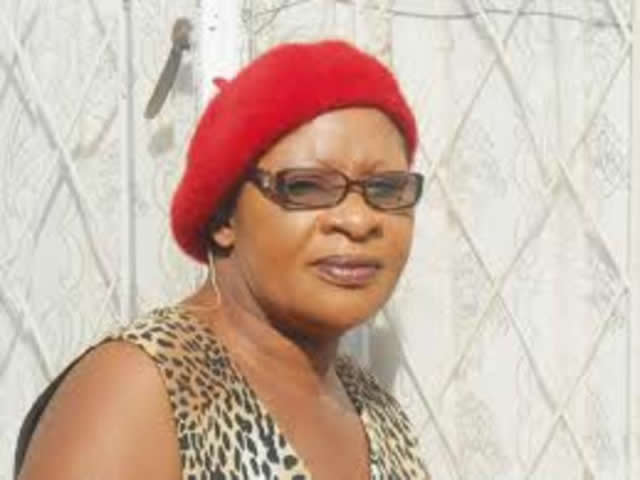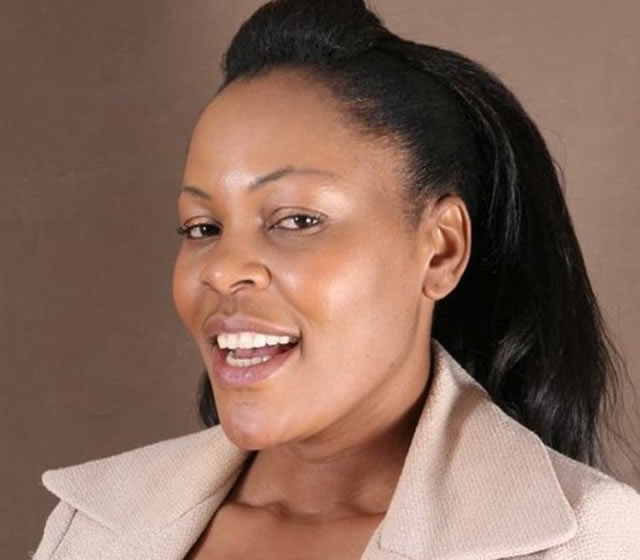Mashakada’s music lives on. . . as he composes songs in widow’s dreams

Nyemudzai Kakore Entertainment Reporter
Two years have passed after Cephas Mashakadas death. The legendary musician’s style was a fusion of sungura and gospel music.
Mashakada, a guitar prodigy, succumbed to diabetes at the age of 51 at Chitungwiza Central Hospital.His doctors said at the time of his death the fiery lead guitarist had developed high blood pressure and pneumonia, which developed into septic shock, leading to renal failure and ultimately his death.
Mashakada was born in Chinhoyi in 1960 and teamed up with boys from his village and managed to form a band titled Wild Ten in 1977.
Other group members included the late Biggie Tembo of the Bhundu Boys, Jacob Teguru andFranco Kazere. The group moved to Harare at the invitation of Paul Mpofu who was at the time attached to World Tomorrow Band.
Mashakada, who was popularly known as “Motomuzhinji” joined the Muddy Face in 1979, when it was then led by Job Mashanda, as a lead guitarist and up to the time of his death Mashakada still preferred the guitar as he used to say: “My guitar can sing and l love it, even if I was to lose my voice my guitar can do the singing for me.”
His musical journey was adored by his fans with hit songs such as “Samson”, “Zvamaronga”, “Kunamata Ndaida” and “Hera”, which catapulted him in the limelight.
His first album was titled “Tenda Kumudzimu Yako” recorded in 1984 and his earliest hit songs were “Nherera Zvichengete” and “Vaforomani” both getting gold status after selling more than 50 000 copies.
“Samson” was the Zimbabwe Music Awards Best Song for 2005.
The musical guru said in one of his 2011 interviews that his music was a combination of both sungura and gospel.
“When I changed my style, I left the guitar work with its sungura beat and I changed the Iyrics into gospel so it is a combination of both,” he said.
Mashakada, who was dreadlocked, argued that the idea of keeping a scruffy look — the beard, locks, unbuttoned shirt reflected the title of his band “The Muddy Face”.
After Mashakadas death perennial conflicts and court battles between band members and family ensued.
But his widow, Eunice Mashakada, steadfastly says her husband’s musical journey will continue.
Fist fights between his two daughters and wrangling between backing vocalist Shemu “Chibage” Mashonganyika and Eunice left many of his fans wondering if anyone would continue with Mashakada’s journey.
In an interview with The Herald Entertainment Eunice revealed more on the upcoming release of her first video album which she said will speak to the world on Mashakada’s legacy.
“I am releasing my first video album early January. I want get to the level my husband wanted to reach,” she said.
Although she bemoaned the expensive nature of video production in the country she said the costs were not going to hinder her project.
Eunice said she was not a musical person by nature but her late husband was telling her songs through dreams. “I was not a musician, but after my husband’s death musical lyrics come to me through dreams. In my second album Cephas gave me three songs in my dreams,’’ she said.
The songs she mentioned were “Waenda Samson”, “Mweya Mutsvene” and “Maduwe”.
Asked to comment on the recent feud with Chibage, Eunice said the conflicts will not deter her from a mission she got from her husband.
“I received so many threats and our feud with Chibage is not yet over despite a court verdict which ordered him not to sing any of Mashakada’s songs. I am against Chibage singing my husband’s songs without my consent,” she said.
Eunice said if Chibage wants to sing her husband’s music and use the band’s name he must pay her a certain percentage.
“Chibage calls his band the “Original” Sounds of the Muddy face whilst my band is called the Sounds of the Muddy Face,” she said.
Eunice bemoaned piracy as one of the major hindrances in her musical career as well as an obstacle which is limiting the royalties she is getting. “As a widow l should be relying on the royalties but l only receive US$35 after three months from the recording companies,”she said.








Comments